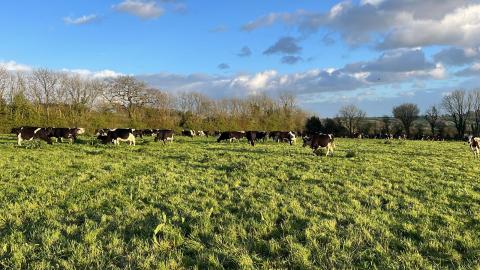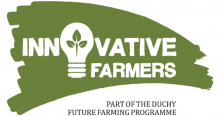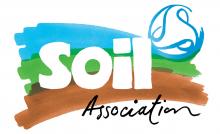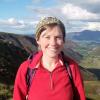Tom and Sophie Gregory are first-generation organic farmers who milk 400 dairy cows and also have beef and arable enterprises on the farm. Their dairy system is based on regenerative principles including mob grazing – the focus of this event. They are one of six farms in a field lab testing whether a grazing system based on extended resting periods and optimal recovery can improve sward resilience and soil health without impacting forage quality or milk yield.
The event will include a tour of the farm, lunch, speakers on grazing management and soil carbon, and a farmer panel discussing the practicalities and impact of tall grass grazing.
The farm walk will include visits to the mob grazing field trials and a bonus visit to see some trials on hot composting farmyard manure!
This event is free to attend.
Speakers:
- Tom Gregory (Home Farm, Sadborow Estate)
- Becky Willson (Farm Carbon Toolkit)
- A panel of other triallists and field lab coordinator Kate Still (Soil Association)
Agenda:
- 10:30am: Tea, coffee
- 11:00am: Start - intros, discussion on perceived barriers to mob grazing
- 11:30 - 1:30pm: Farm walk, visit mob grazing fields and hot composting FYM trials
- 1:30 - 2:30pm: Lunch
- 2:30 - 3pm: Grazing management for soil carbon
- 3 - 4pm: Panel discussion with farmers in the mob grazing field lab, Q&A
- 4pm: Close
More information and reserve your ticket
Innovative Farmers is a not for profit network giving farmers research support and funding on their own terms. Through trialling, testing and hands-on research, we help farmers find lasting solutions to practical problems. The network is led by the Soil Association and supported by funders including the King Charles Charitable Fund and Swire Charitable Trust.




